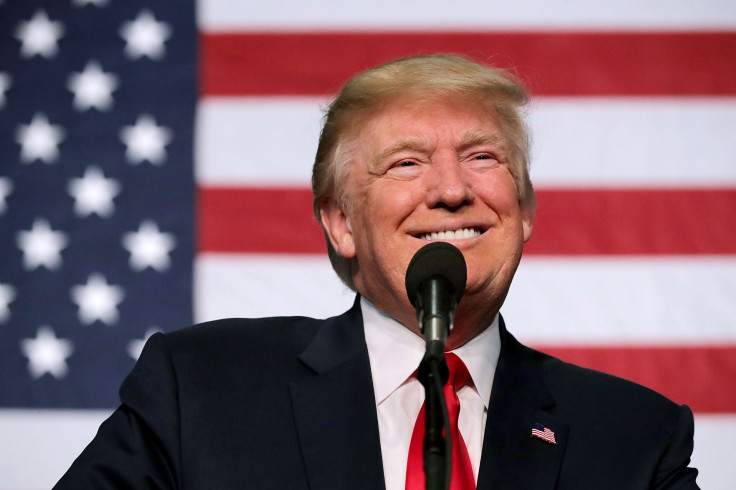Trump To Delay Auto Tariffs For Six More Months

The Trump administration will go slow on auto tariffs and may delay it until the end of this year. In the interim, talks with the trading partners will go on.
The decision on tariffs was to be taken before Saturday whether to slap duties on car and auto parts imports on grounds of national security. But so far no decision has been announced.
By delaying the decision by at least six months the Trump administration is looking to refrain from widening global trade disputes, according to reports.
Trump is reluctant to open another front of trade squabbles by pushing the car duties at this point in time.
One reason for not rushing the auto tariffs is White House’s preoccupation with China-related trade issues.
The two largest economies in the world hiked tariffs on each other and the showdown is hurting financial markets and casting its shadow on the global economy as well.
However, anticipating Trump’s tariffs, the European Union prepared a list to act with retaliatory duties.
Commerce department proposed auto tariffs
The car tariffs were mooted by Commerce Department in the “Section 232” national security report to the White House in February.
The agency studied the matter whether imports were inimical to the national security of the U.S. and had a constraining effect on American automakers’ in terms of investing in future technologies.
For Trump, tariffs over national security are nothing new. He has used that rationale to impose tariffs on steel and aluminum imports.
This is despite Republicans and Democrats slamming Trump for citing national security as a plank for duties on goods from allies like Canada.
Intervention by lawmakers
However, in the matter of auto tariffs, pressure has been building on Trump urging not to proceed with the auto duties.
Terri Sewell, Vice Chair of the Ways and Means Committee, along with 159 House of Representatives wrote to White House National Economic Council Director Larry Kudlow to dissuade Trump from imposing “trade restrictions that could harm the auto sector and the American economy.”
The letter was signed by 79 Democrats and 81 Republicans.
The lawmakers warned Trump that slapping tariffs on auto components in cars “may overlap with motorcycles, recreational vehicles, construction equipment, heavy-duty trucks, farming equipment, power sports vehicles, and others.”
Several automakers in the U.S are also opposed to the potential tariffs.
The Alliance of Automobile Manufacturers in the U.S also said “imposing tariffs on imported vehicles and parts would be a mistake, with significant negative consequences” for the domestic auto industry and its employees.
Tariffs as a pressure tactic
However, some reports quoted administration officials saying that tariff threats on autos are a means to extract concessions from Japan and the EU.
In 2018, Trump had threatened similar tariffs but later backed out saying if talks are productive with the trading partners tariffs will not be enforced.
© Copyright IBTimes 2024. All rights reserved.




















